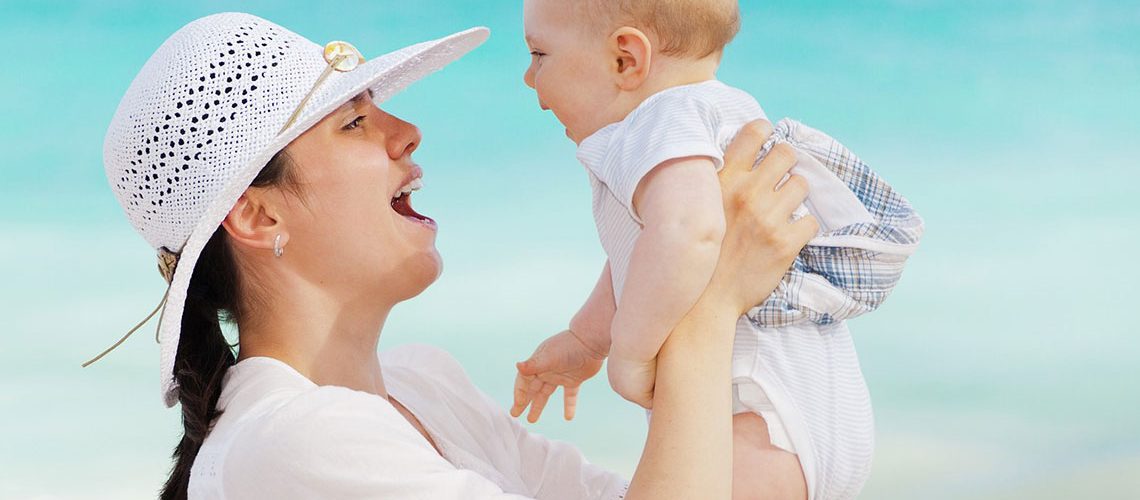Are you planning a trip abroad with your baby or toddler this summer? As a sleep specialist, I often receive questions about how to help little ones adjust to a new time zone. Adjusting to a different time zone can be challenging for parents, so imagine how confusing it can be for your baby! Here is how you can help your child sleep soundly while on holiday.
Assess If Change Is Necessary
Before making any adjustments to your child’s sleep routine, consider whether a change to their sleeping times is necessary. For small to moderate time differences, gentle transitions might suffice without affecting sleep patterns. However, large time zone changes can disrupt your baby’s circadian rhythm, flipping their day and night schedule upside down.
Top Tips to Help Your Baby Adjust
If you need to adjust your child’s sleep pattern while on holiday, here are my top tips:
Work with Their Circadian Rhythm
The circadian rhythm is our body’s internal clock that regulates the day-night cycle. Light, darkness, mealtimes, and other social and environmental cues influence this system. Use strong, clear signals to help your baby adjust to the new time zone:
Morning Sunlight: Spend time outside in the morning to help set your baby’s internal clock.
Calm Mornings: If your baby wakes up before sunrise, keep the environment calm until daylight. Then, as soon as the day begins get out into the sunlight as soon as possible.
Local Wake Time: Aim to wake up at a reasonable local time on the first and second day of your holiday.
Safe Sun Exposure: Ensure your baby gets plenty of daylight exposure throughout the day.
Local Mealtimes: Try to eat when the locals eat to help synchronize your baby’s schedule.
Follow Sleep Cues: Pay attention to your baby’s sleep cues and nap rhythms. Aim for a reasonable bedtime, even if it means adding an extra catnap.
Dim Lights Before Bed: Create a calm, dimly lit environment close to bedtime.
Dark Nighttime Environment: Keep the nighttime as dark as possible. Consider bringing a travel blind to create a dark sleeping area, which can help your baby adjust faster.
Balance Predictability and Flexibility
Your child’s temperament and the environment will influence how well they sleep while travelling. Stay relaxed and flexible, allowing for some deviation from their routine. A good rule of thumb is 80% routine and 20% flexibility. Adapt to what works best for your child to make the transition smoother.
Plan Your Nap Approach
Naps on the go (in a pushchair or baby carrier) can offer you more freedom. Some babies can manage all their naps on the move, while others may need one nap a day in a dark, quiet environment to ensure that they are happy for the rest of the day. Plan regular nap breaks if your baby needs more structured sleep.
Patience Is Key
Every child is different, and how they adjust to a new time zone and environment will vary. Some babies adapt quickly, while others take longer. Be patient with your little one, even after you have returned home. Remember, this is a big new adventure for them.
Wishing you and your baby happy and restful travels! For more expert advice on baby sleep, visit https://happynightsbaby.co.uk/

